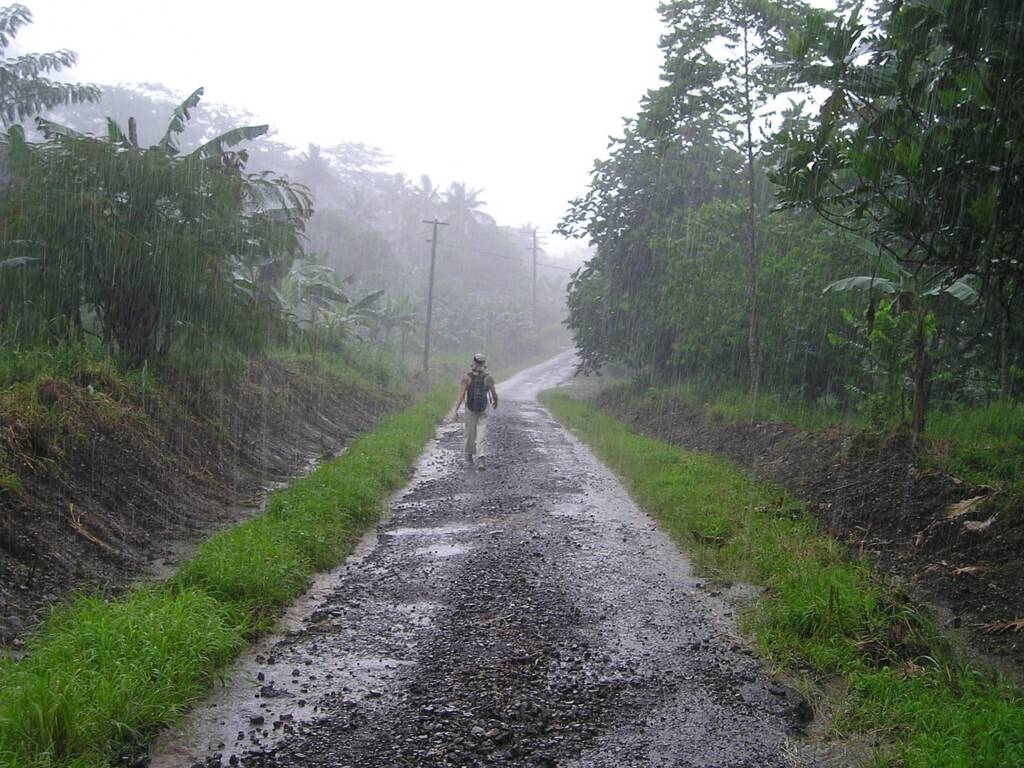Monsoon Season Health Tips:
Monsoon season brings relief from the scorching heat of summer, but also presents its own set of health challenges. During this time, the increased humidity and moisture in the air create an environment conducive to the growth of various pathogens. Staying healthy during the monsoon season requires adopting a comprehensive approach that encompasses personal hygiene, dietary adjustments, and precautionary measures to prevent waterborne illnesses. To know more about healthy lifestyle, read this article https://sparklinglifestyle.in/healthy-lifestyle/
Personal hygiene in Monsoon Season:
Maintain cleanliness:
Regularly clean and disinfect your living species to prevent the growth of mold and mildew. This is especially important for bathrooms, kitchens, and areas prone to dampness. It is important to wash and sanitise your hands before every meal, especially when you come home from outside.
Stay dry:
Ensure that you and your clothes remain dry. Moisture can lead to fungal infections and skin irritations. Carry an umbrella and raincoat when going out to avoid getting wet. This is easier said than once, living in a city like Mumbai and Delhi can force you to get stuck in heavy rain spells almost every alternate day. It is advisable to keep an umbrella or a raincoat every time.

Hand hygiene:
Wash your hands frequently with soap and water, especially before eating or touching your face. Use hand sanitizers when soap and water are not available. practice good hand hygiene, especially during the monsoon to ensure the skin of your hands is clean while consuming food.
Foot care and Nail care:
Keep your feet clean and dry. Fungal infections, such as athlete’s foot, and ring worm are common during the monsoon season. Use antifungal powders or creams if needed. Trim your nails regularly to prevent dirt and water from getting trapped underneath them. This helps prevent fungal and bacterial infections.
Doing Exercise:
Even some activities like walking, skipping, yoga, hitting gym, cycling or running, can be hampered during the monsoon, don’t let this season dampen your exercise routine. Exercise helps you stay in shape, boost immune system, improves blood circulation and protect your body against viruses and bacteria.
Dietary adjustments in Monsoon Season:
Stay hydrated:
Despite the cooler weather, dehydration can still occur due to increasing humidity. Drink purified water and herbal teas to stay hydrated. Water sources can get contaminated during the monsoon. And these increase the chance of contracting water bond disease Stomach issues, fever and viral infection are some of the most common health issues during this season It is necessary to have a water filter at home or one can also traditionally boil water daily for consumption.
Avoid street foods:
While tempting street food is often exposed unhygienic conditions. Use freshly cooked, home- cooked meals to minimize the risk of foodborne illnesses. It is best to avoid such foods as they are kept in open and are vulnerable to harmful microorganisms. Consuming these kinds of foods are responsible for developing typhoid, dengue and some stomach infections.
Wash fruits and vegetables:
Thoroughly wash and peel fruits and vegetables before consuming them. This reduces the chances of ingesting harmful microorganisms. It is important to scrub fruits and vegetables that have been bought from the market under running water. These are different types of germs that thrive on the skin of fruits and vegetables, and it is best to avoid eating raw cut salads from street vendors during the monsoons.
Cook thoroughly:
Ensure that meat, poultry, and seafood are cooked thoroughly to kill any potential pathogens. Avoid raw or undercooked food items. Consuming raw seafoods are responsible for developing some major issues, like typhoid, malaria, dengue and some gastrointestinal infections.
Limit dairy consumption:
Dairy products can spoil quickly in humid conditions. Consume them within their expiration dates and store them properly. Try to consume fresh dairy products for better wellness.
Precautionary measures in Monsoon Season:
Mosquito protection:
Mosquito-borne diseases like dengue and malaria are prevalent during the monsoon. Use mosquito repellents, wear long sleeve and pants and use mosquito nets while sleeping.
Clean water consumption:
Consume only clean and boiled water. Avoid consuming water from unknown sources or street vendors.
Avoid walking in stagnant water:
Stagnant water is breeding ground for most mosquitoes and other disease- causing organisms and avoid walking through puddles or flooded areas.
Vaccinations:
Stay up to date with vaccinations, especially those recommended for the monsoon season like influenza vaccines.
Ventilation:
Ensure proper ventilation in your living spaces to prevent the accumulation of moisture and the growth of mold.
Regular exercise:
Engage in regular physical activity to boost your immune system, improve blood circulation and overall well-being.
Medical attention:
If you experience any symptoms of illness, seek medical attention promptly, early diagnosis and treatment can prevent the progression of infections.
Avoid overcrowded places;
During the monsoon season, crowded places can increase the risk of spreading infections. If possible, avoid gathering or events where social distancing is difficult.
Conclusion:
In conclusion, staying healthy during the monsoon season requires a combination of personal hygiene practices, dietary adjustments, and precautionary measures. By following these guidelines, you can minimize the risk of falling ill and enjoy the beauty of the rainy season without compromising your well-being. To know more on overall wellness, read my latest article, the magical ways for sparkling lifestyle.



Leave a Comment